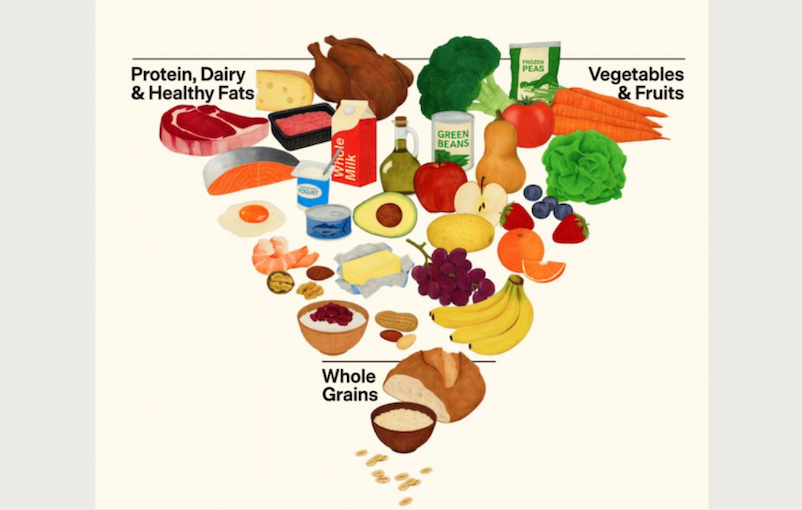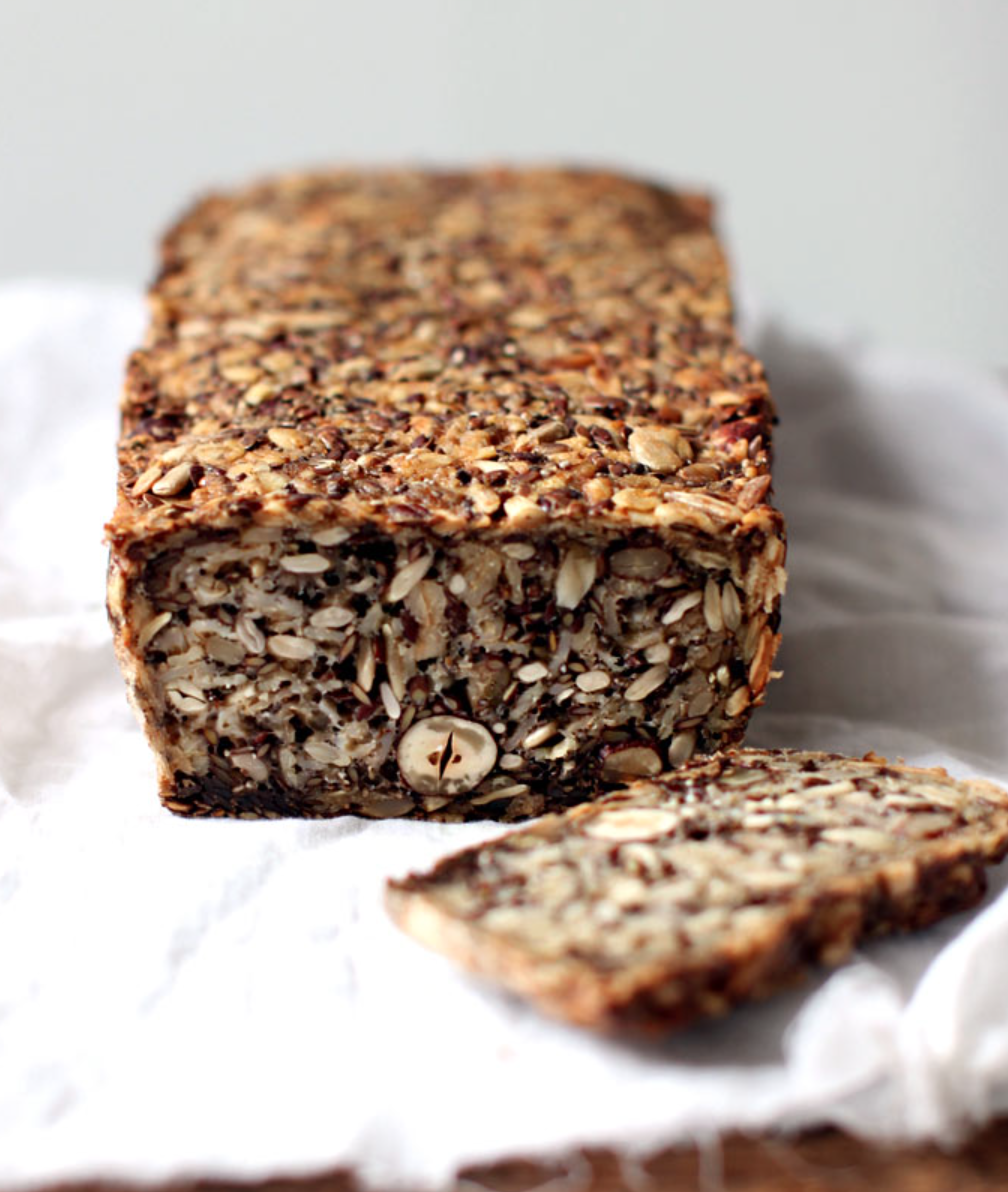Postpartum Weight Loss Is Hard — Here's Why, and How to Start Healing Your Body
Why postpartum weight loss is so hard & how to approach it.

A primary care membership for patients who want more. Primary Care. Nutrition. Wellness. All under one roof.
Why Postpartum Weight Loss Feels So Difficult
Postpartum weight loss is not about reclaiming your “pre-baby body” — it’s about healing your body after the incredible and life changing months of pregnancy. Below we’ve broken down why it can be a challenge to kickstart weight loss after giving birth… and where to begin if you’re ready to feel strong, nourished, and an empowered version of yourself.
Hormonal Changes Are Real
After birth, estrogen and progesterone levels plummet. These shifts affect metabolism, mood, hunger cues, and fat storage — especially around the belly and hips. If you’re breastfeeding, prolactin remains elevated, which can increase appetite and fat storage.
Sleep Deprivation Tanks Metabolism
Consistent lack of sleep increases cortisol ( stress hormone) and ghrelin (hunger hormone), while reducing leptin (fullness hormone). You’re not imagining those cravings — your body is trying to stay awake and survive. Plus, the stress of healing, feeding, parenting, and functioning on no sleep raises cortisol. Elevated cortisol promotes fat storage — especially around the midsection — and can worsen insulin resistance.
Nutrient Depletion Slows Recovery
Most women enter the postpartum period completely depleted from pregnancy. Without replenishing nutrient stores, your metabolism, thyroid, and energy systems can stay sluggish — making weight loss feel truly impossible. Pregnancy, labor, and breastfeeding drain your stores of iron, zinc, B12, magnesium, and omega-3s. Low nutrient status leads to more fatigue, mood swings, and poor metabolic function. Supporting your micronutrients is key.
How to Start Healing Your Body First
1. Prioritize Recovery Before Restriction
Your body is still in recovery mode, prioritizing rebuilding processes over weight loss. Drastically cutting calories can disrupt milk supply, spike stress hormones, and over-exercising too soon can worsen core and pelvic floor issues. Before thinking about calorie deficits or workouts, think: Am I sleeping enough? Am I eating enough? Do I feel supported? Healing is the priority in the first 6–12 months, and will always come before weight loss. In postpartum, your body is focused on tissue repair, milk production, and hormone recalibration — not fat burning.
2. Balance Blood Sugar to Stabilize Hormones
Think: Replenish, Not Restrict. Stabilizing blood sugar helps with cravings, energy, and hormonal balance. Anchor each meal with protein (20–30g), and don’t skip meals — especially while breastfeeding.
Focus on nutrient-dense, anti-inflammatory meals with high-quality protein, healthy fats, fiber-rich carbs, and minerals like magnesium and iron. Postpartum superfoods include: bone broth, eggs, salmon, grass fed grass finished red meat, berries, nuts and seeds, cooked greens, sweet potatoes, and oatmeal.
4. Gentle Movement > High Intensity
Walking, pilates, and strength training that honors pelvic floor and core recovery will do far more than jumping into HIIT. Healing is strength. Sweat doesn’t equal success.
5. Support Your Thyroid and Adrenals
If after months postpartum, you’re feeling puffy, exhausted, moody, or cold — check your thyroid. Postpartum thyroid dysfunction is common and often missed. Adaptogens like ashwagandha and nutrients like selenium and iodine can support this phase, but check with your provider first.
Main Takeaways
Honor the phase you're currently in. Your worth is not defined by your pre-pregnancy jeans. Don’t forget, it’s necessary to ask for help. The more supported you feel, the faster your body can recalibrate.
- Nourish, don’t punish: Prioritize nutrient-dense meals over calorie cuts
- Walk daily: Gentle movement boosts mood, circulation, and recovery
- Protein + fiber with every meal for blood sugar balance and satiety
- Get labs to identify postpartum deficiencies (vitamin D, ferritin, thyroid, B12, omega-3)

If you're curious to learn more about The Lanby, book a free consult call and we'll chat about how The Lanby can be your personalized long term health and wellness partner.

Kendall is a graduate of the University of Mississippi, with a B.A. in Integrated Marketing Communications and a minor in Business Administration. She received her certificate of Nutrition Science from the Friedman School of Nutrition at Tufts University.

Chloe holds a bioengineering degree from the University of Pennsylvania. As a breast cancer survivor, her insights shape The Lanby's patient-centric approach. Leveraging her healthcare strategy background, Chloe pioneers concierge medicine, bridging gaps in primary care.

Tandice was recognized with the Health Law Award and named a Ruth Bader Ginsburg Scholar at Columbia Law School. Tandice's editorial role is enriched by her insights into patient autonomy and gene modification legalities. Passionate about bioethics, she is committed to crafting patient-centric healthcare solutions.





